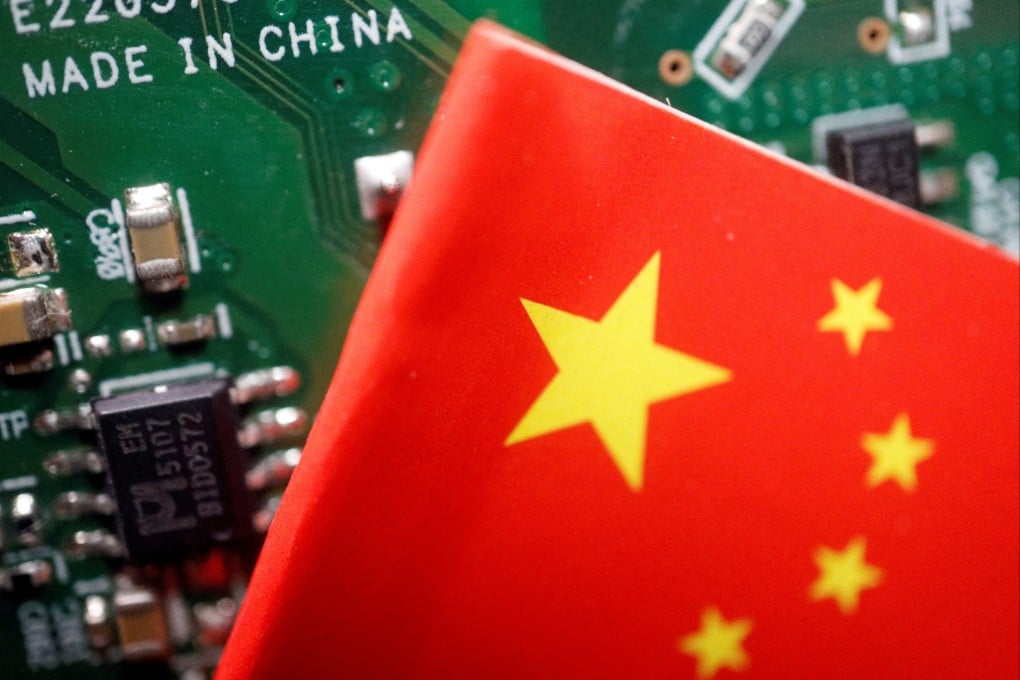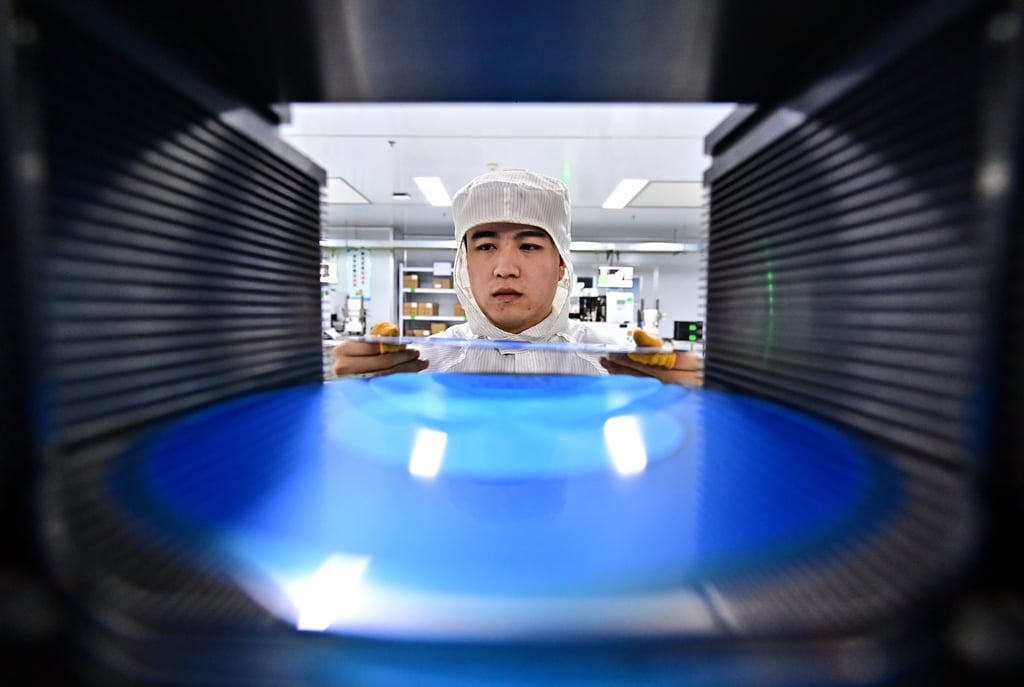Tech war: can Chinese firms skirt broader US semiconductor sanctions?
One analyst estimated that only 35 per cent of semiconductor-manufacturing equipment currently used in China is locally made

Semiconductor development in China is facing more headwinds after Washington introduced new measures that restrict the export of 24 types of chipmaking equipment to the country and added 140 chip-related domestic entities to a US trade blacklist, according to analysts.
After China moved to ban the export of several rare earth minerals to the US, Beijing may intensify retaliatory measures by curbing the export of chemicals and conducting safety reviews of certain American companies, the analysts warn.
“The latest US controls will certainly choke China’s semiconductor development, which will lead to a supply shortage in the short term,” said Chen Li, an analyst with Beijing-based public policy consultancy Anbound, adding that the shortage would ease in three to five years.
Chen estimated that only 35 per cent of semiconductor-manufacturing equipment currently used in China is locally made, but that could reach 50 per cent next year.
The latest controls affect 24 types of equipment for etching, wafer cleaning, ion implantation, inspection, and metrology – areas where China remains largely dependent on imports. High-bandwidth memory, a vital component in artificial intelligence (AI) chips, was also targeted.

“The new export controls mainly target the advanced-node chips used in AI, high-performance computing and 5G telecommunications,” said Zhang Junya, a senior analyst at LeadLeo who covers technology, media, and telecoms. “In the field of advanced-node chips, it is difficult for China to completely replace US technology in the short term,” he added.
